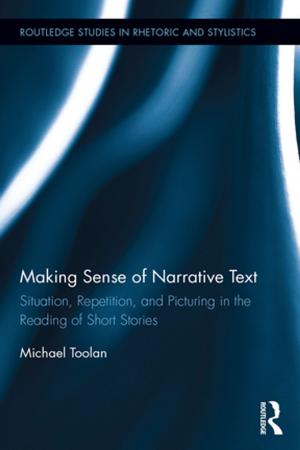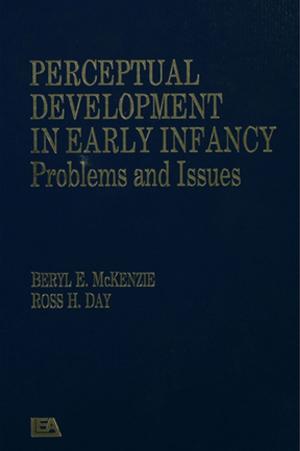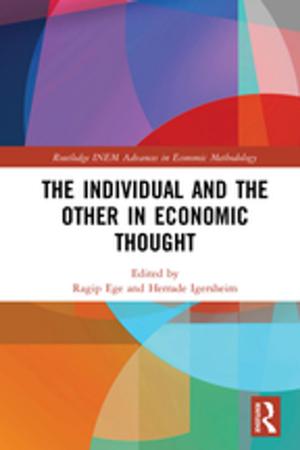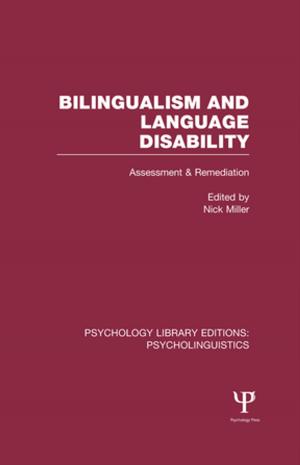| Author: | Douglas Walton | ISBN: | 9781135618957 |
| Publisher: | Taylor and Francis | Publication: | October 17, 2003 |
| Imprint: | Routledge | Language: | English |
| Author: | Douglas Walton |
| ISBN: | 9781135618957 |
| Publisher: | Taylor and Francis |
| Publication: | October 17, 2003 |
| Imprint: | Routledge |
| Language: | English |
In Relevance in Argumentation, author Douglas Walton presents a new method for critically evaluating arguments for relevance. This method enables a critic to judge whether a move can be said to be relevant or irrelevant, and is based on case studies of argumentation in which an argument, or part of an argument, has been criticized as irrelevant. Walton's method is based on a new theory of relevance that incorporates techniques of argumentation theory, logic, and artificial intelligence.
The work uses a case-study approach with numerous examples of controversial arguments, strategies of attack in argumentation, and fallacies. Walton reviews ordinary cases of irrelevance in argumentation, and uses them as a basis to advance and develop his new theory of irrelevance and relevance. The volume also presents a clear account of the technical problems in the previous attempts to define relevance, including an analysis of formal systems of relevance logic and an explanation of the Grecian notion of conversational relevance.
This volume is intended for graduate and advanced undergraduate courses in those fields using argumentation theory--especially philosophy, linguistics, cognitive science and communication studies, in addition to argumentation. The work also has practical use, as it applies theory directly to familiar examples of argumentation in daily and professional life. With a clear and comprehensive method for determining relevance and irrelevance, it can be convincingly applied to highly significant practical problems about relevance, including those in legal and political argumentation.
In Relevance in Argumentation, author Douglas Walton presents a new method for critically evaluating arguments for relevance. This method enables a critic to judge whether a move can be said to be relevant or irrelevant, and is based on case studies of argumentation in which an argument, or part of an argument, has been criticized as irrelevant. Walton's method is based on a new theory of relevance that incorporates techniques of argumentation theory, logic, and artificial intelligence.
The work uses a case-study approach with numerous examples of controversial arguments, strategies of attack in argumentation, and fallacies. Walton reviews ordinary cases of irrelevance in argumentation, and uses them as a basis to advance and develop his new theory of irrelevance and relevance. The volume also presents a clear account of the technical problems in the previous attempts to define relevance, including an analysis of formal systems of relevance logic and an explanation of the Grecian notion of conversational relevance.
This volume is intended for graduate and advanced undergraduate courses in those fields using argumentation theory--especially philosophy, linguistics, cognitive science and communication studies, in addition to argumentation. The work also has practical use, as it applies theory directly to familiar examples of argumentation in daily and professional life. With a clear and comprehensive method for determining relevance and irrelevance, it can be convincingly applied to highly significant practical problems about relevance, including those in legal and political argumentation.















